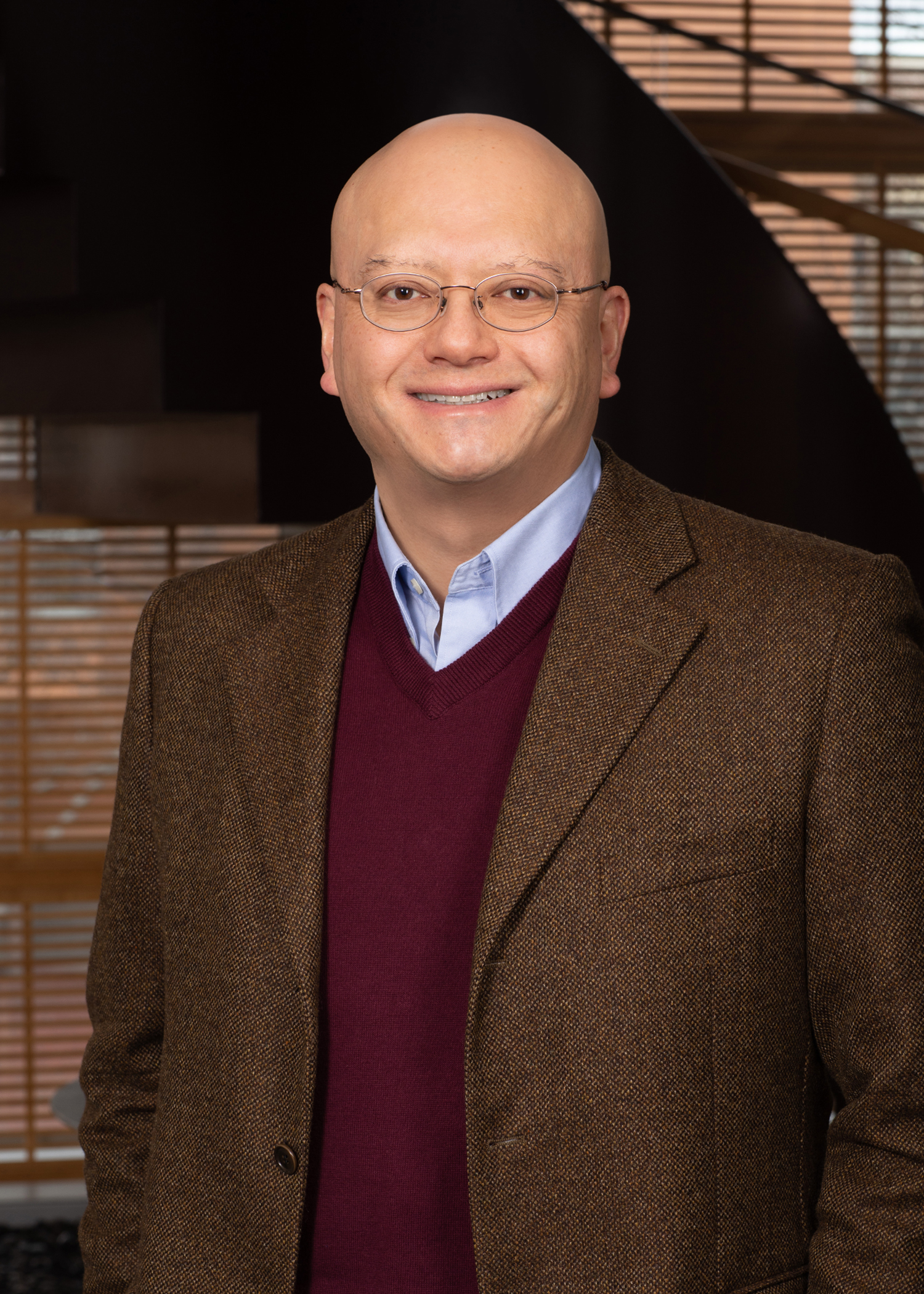TAKAO K. HENSCH
Professor of Molecular and Cellular Biology
Professor of Neurology, Boston Children's Hospital
Takao K. Hensch, Ph.D., is joint professor of Neurology, Harvard Medical School at Boston Children’s Hospital, and professor of Molecular and Cellular Biology at Harvard’s Center for Brain Science. After undergraduate studies with Dr. J Allan Hobson at Harvard, he was a student of Dr. Masao Ito at the University Tokyo (MPH) and a Fulbright fellow with Dr. Wolf Singer at the Max-Planck Institute for Brain Research, before receiving a Ph.D. in neuroscience working with Dr. Michael Stryker at the University of California, San Francisco in 1996. He then helped to launch the RIKEN Brain Science Institute as lab head for neuronal circuit development and served as group director (and now special advisor) before returning to the United States in 2006.
Professor Hensch has received several honors, including the Mortimer D. Sackler, M.D. Prize for Distinguished Achievement in Developmental Psychobiology (2016), the Society for Neuroscience Young Investigator Award in both Japan (2001 Tsukahara Prize) and the United States (2005), Commendation for Science and Technology by the Minister of Education,Culture,Sports,Science and Technology (2006年) as well as an NIH Director’s Pioneer Award (2007). He currently directs the NIMH Silvio O. Conte Center for Basic Mental Health Research at Harvard and International Research Center for Neurointelligence at Tokyo University . He serves as specialty chief editor of Frontiers in Neural Circuits and on the editorial board of various journals, including Journal of Neuroscience, Journal of Neurodevelopmental Disorders, Neural Development, Neuroscience Research, and Neuron. Professor Hensch’s research focuses on critical periods in brain development. By applying cellular and molecular biology techniques to neural systems, his lab identified pivotal inhibitory circuits that orchestrate structural and functional rewiring of connections in response to early sensory experience. His work affects not only the basic understanding of brain development, but also therapeutic approaches to devastating cognitive disorders later in life.
